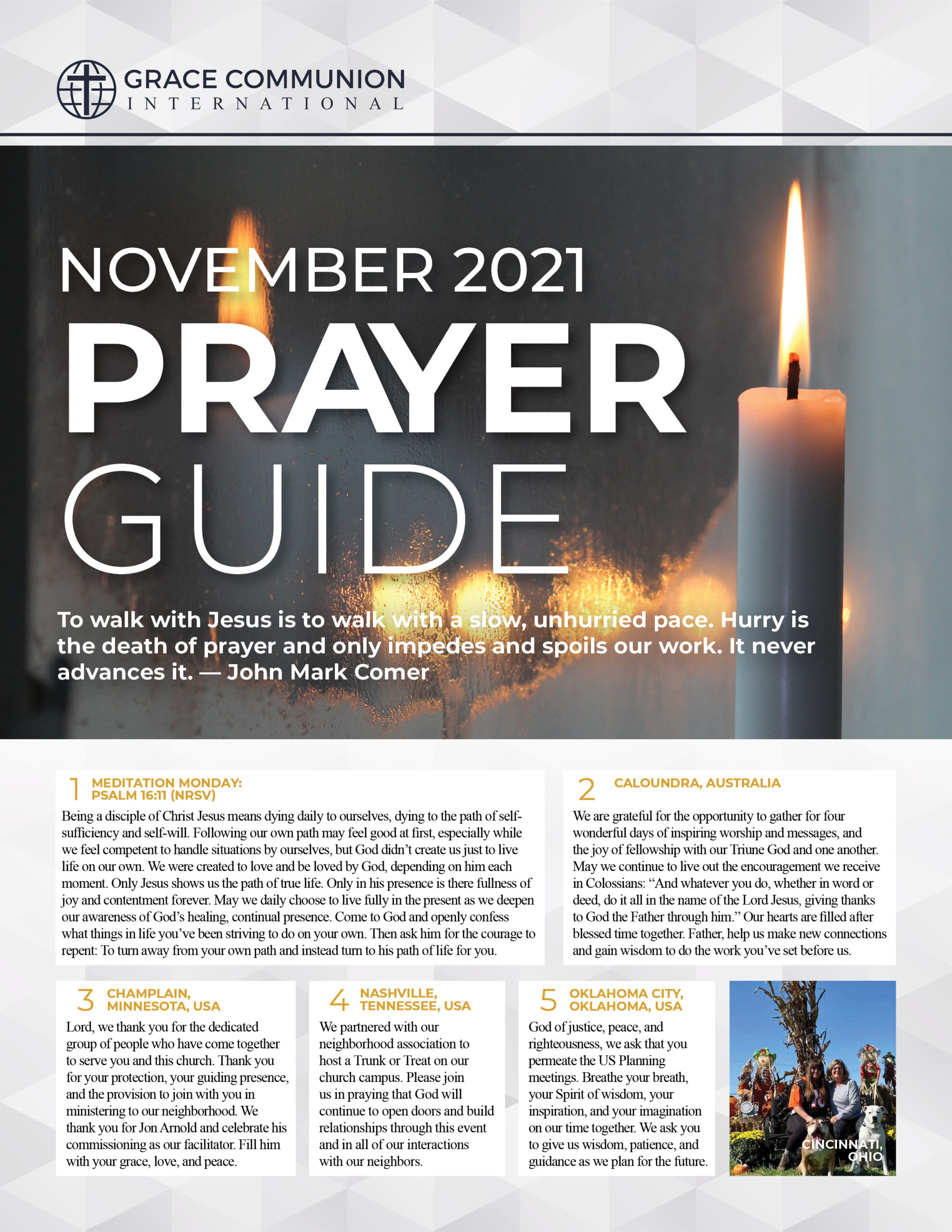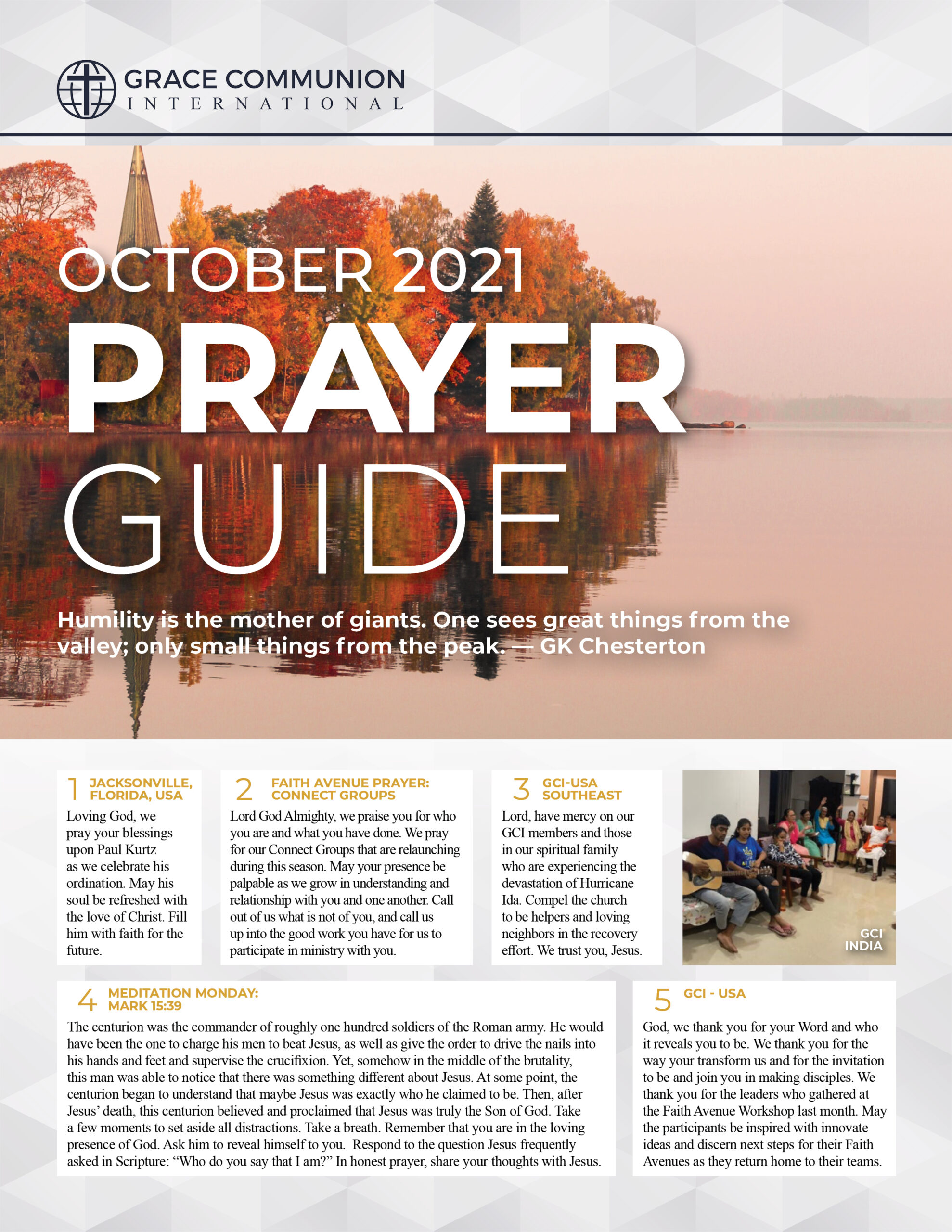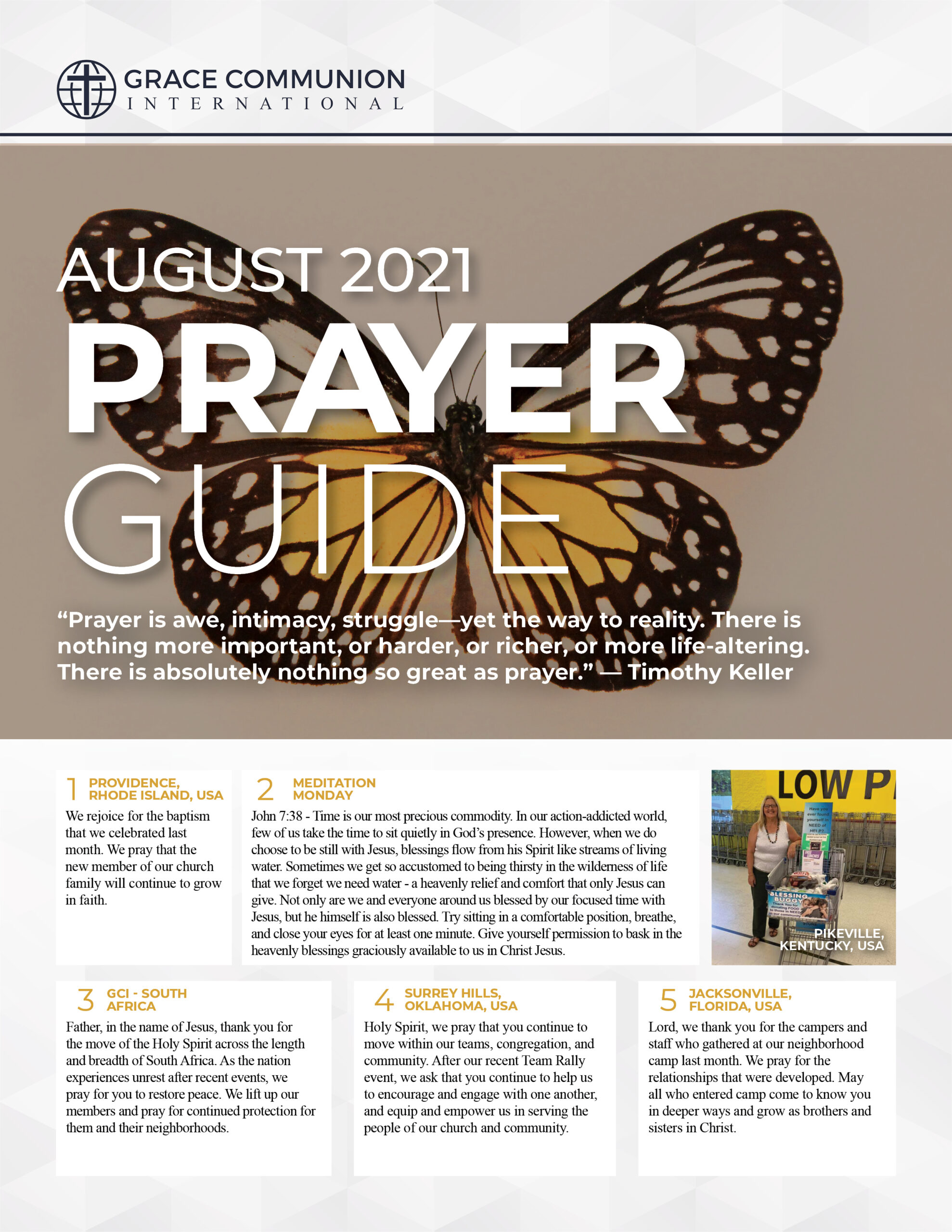
As another year in the Christian worship calendar draws to a close, The Revised Common Lectionary directs us to the book of Hebrews. Though this epistle addresses a situation involving Jewish Christians in the 1st century, it offers all Christians in all times important Christ-centered instruction, carefully and methodically making the case that Jesus is our “all in all.” Note the book’s introduction:
In the past God spoke to our forefathers through the prophets at many times and in various ways, but in these last days he has spoken to us by his Son, whom he appointed heir of all things, and through whom he made the universe. The Son is the radiance of God’s glory and the exact representation of his being, sustaining all things by his powerful word. After he had provided purification for sins, he sat down at the right hand of the Majesty in heaven. (Hebrews 1:1-3)
These words get straight to the author’s point: Jesus is God’s ultimate and authoritative revelation—God’s final Word. As God’s Word, Jesus is God, Creator, Priest and King.
Jesus is God. Unlike the Hebrew prophets, Jesus is not a mere man—he is God’s Son, the “radiance of God’s glory” (Hebrews 1:3a) – a phrase that would be understood by Jewish-Christian readers as a reference to the Shekinah glory – God’s manifest presence in the tabernacle/temple. This statement is saying that Jesus is to God (the Father) what the rays of the sun are to the sun – inseparable – one in the same, though distinct. Here we have an oblique reference to God’s triune nature – one essence, yet more than one person. Jesus, the divine Son of God, is the “exact representation” –the “exact imprint” – of God. Jesus is the exact representation of the very substance (essence) of God. Only Jesus could honestly say, “He that has seen me has seen the Father” (John 14:9). When we see Jesus, we are seeing the glory of God (John 1:14).
Jesus is Creator. As God, Jesus is the one through whom God “made the universe” (Hebrews 1:2b). Not only were all things created by Christ (God’s Word, John 1:1–5), Christ upholds (sustains) all things (Hebrews 1:3b). Jesus is the God of creation and providence who sustains and guides this universe to its divinely ordained destiny.
Jesus is Priest. Jesus is also God’s priest who, alone, provides purification for sins (Hebrews 1:3b). This priestly aspect of Jesus’ ministry is explained in Hebrews 7–10. Jesus not only creates and sustains the universe; he redeems it so that it may fulfill its created purpose – relationship with God.
Jesus is King. When Jesus ascended to heaven, he “sat down” (Hebrews 1:3b), indicating that his work is complete. His place of sitting is “at the right hand of the Majesty in heaven” –the place of greatest honor. This is a dramatic symbol of equality with God the Father, for no created being could ever sit at God’s right hand.
As Hebrews begins, we learn that Jesus is superior to all other servants of God who have ever appeared. It is no wonder that the Father said, at the hour of Christ’s transfiguration, “This is my Son, whom I love; with him I am well pleased. Listen to him!” (Matthew 17:5).
Prayer:
Father, we thank you for sending us your Son, our Savior, Jesus Christ. Thank you, Jesus, for being our God, our Creator, our Priest and our King. You are for us all of these, we need no others, we worship no others. Jesus, you are, indeed, our all-in-all. Lord, may we join you, by the Spirit, in your worship of our Father. As we come to the end of this year of worship, may we continue to fix our eyes on you, sharing in your life and love. Amen.

By Ted Johnston, US Southeast Regional Support Team and faculty member – Grace Communion Seminary















 My wife and I enjoy feeding birds in our backyard. One of their favorite foods is black sunflower seeds. They attract numerous different birds, who sometimes seem to spill as much as they eat. What they spill or drop out of the various feeders, the squirrels and chipmunks get on the ground. The various creatures are thorough in devouring the seeds, so we were surprised when one seed sprouted and we had a sunflower growing. I told Cheryl we’d let it grow and then see if the birds would eat the seeds once the flower had matured.
My wife and I enjoy feeding birds in our backyard. One of their favorite foods is black sunflower seeds. They attract numerous different birds, who sometimes seem to spill as much as they eat. What they spill or drop out of the various feeders, the squirrels and chipmunks get on the ground. The various creatures are thorough in devouring the seeds, so we were surprised when one seed sprouted and we had a sunflower growing. I told Cheryl we’d let it grow and then see if the birds would eat the seeds once the flower had matured.
